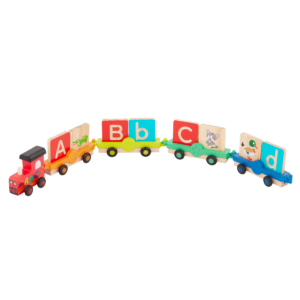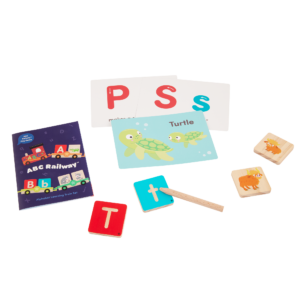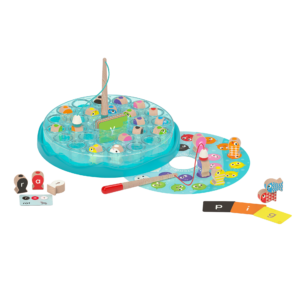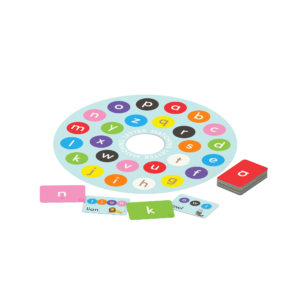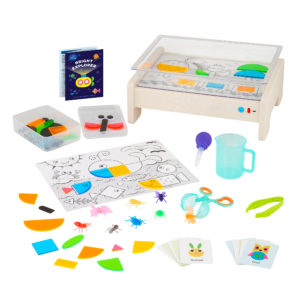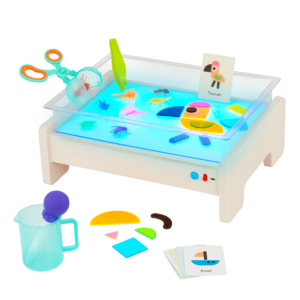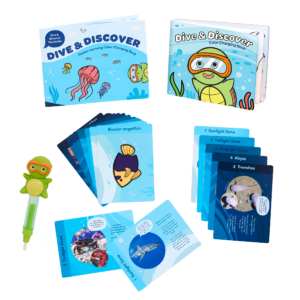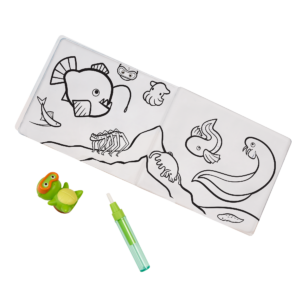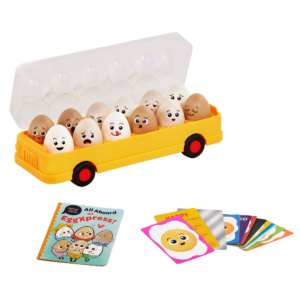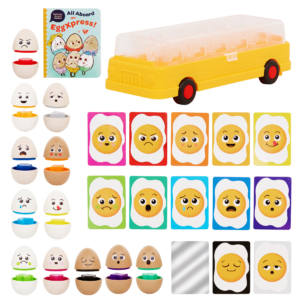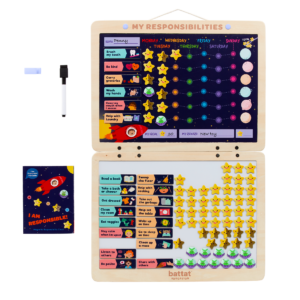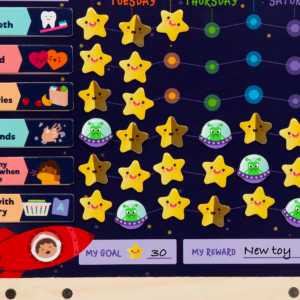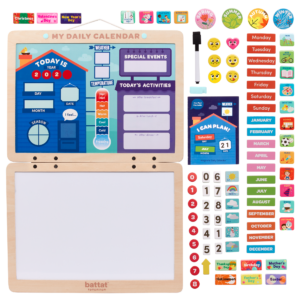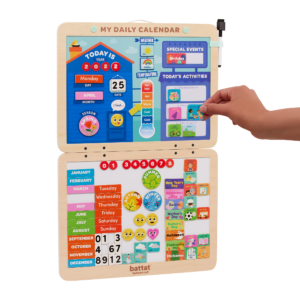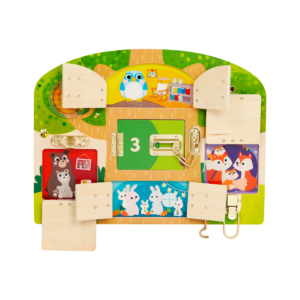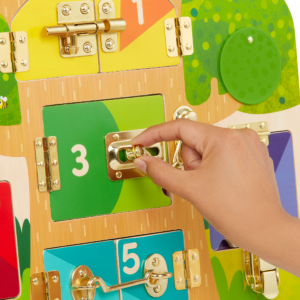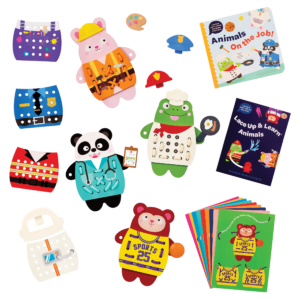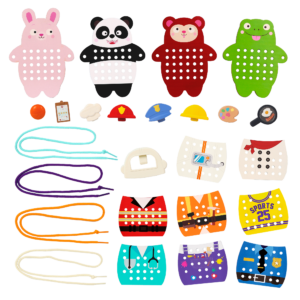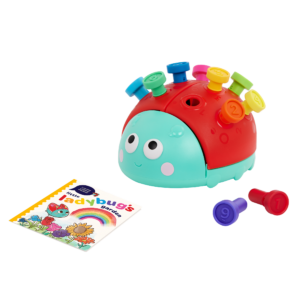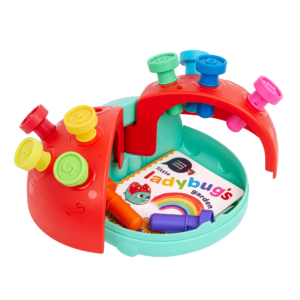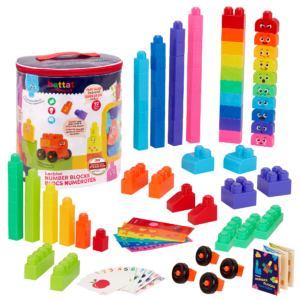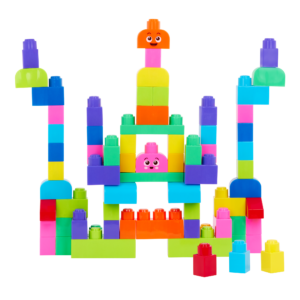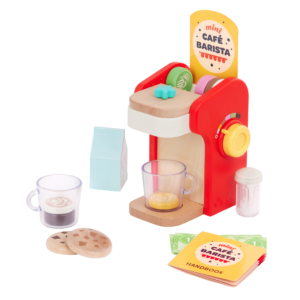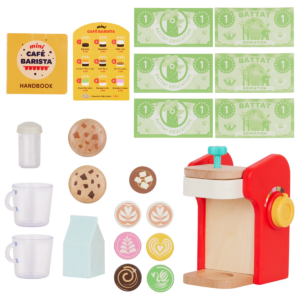Skills Guide
We may not notice it, but our brains work hard to acquire, store, transform, and use knowledge all the time—this is called cognition [1,2]. We use cognitive skills in all our daily activities, like reading a book or tying our shoes! For kids to master these activities, they must first develop core cognitive skills and learn to use them together with other skills.
Let’s take a look at some core cognitive skills.
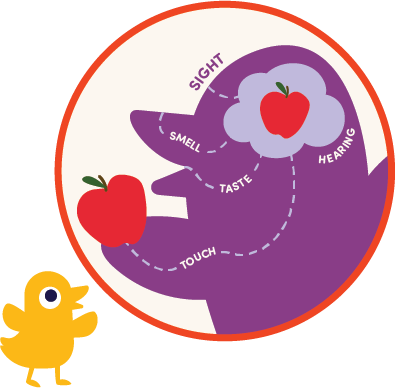
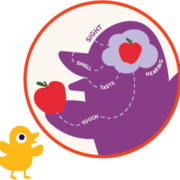
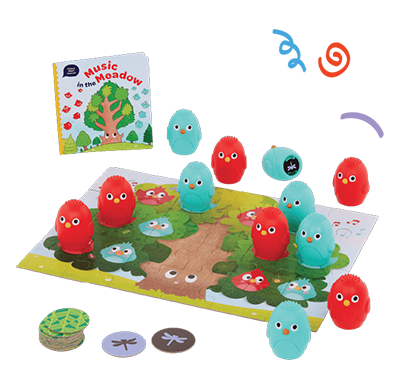
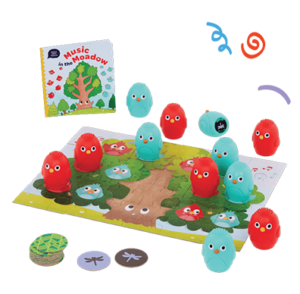
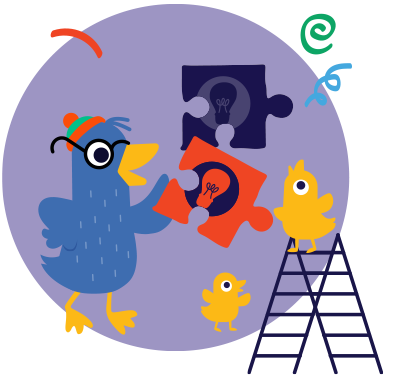
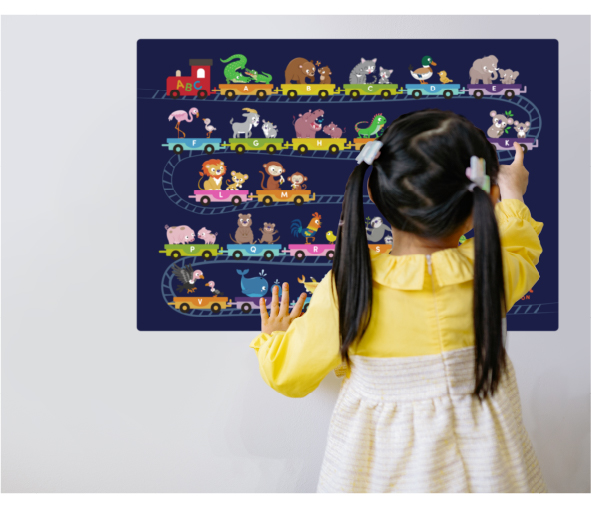
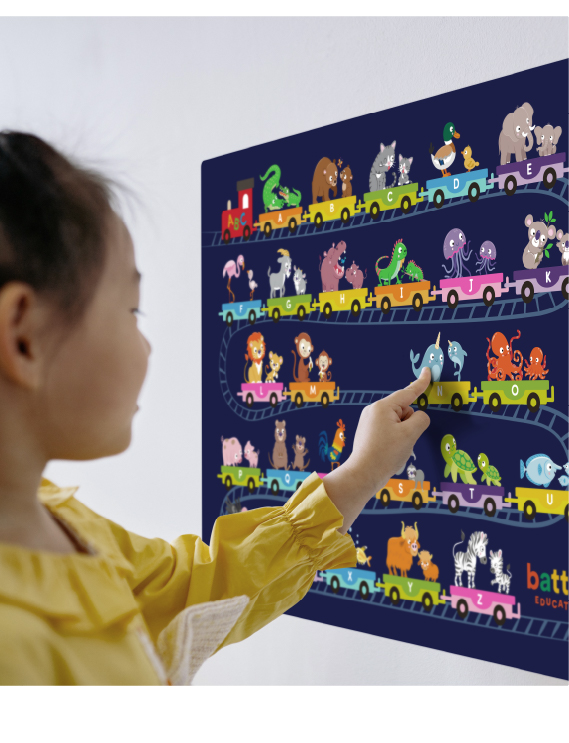
Our Collection of Cognitive Toys
ABC Railway
Alphabet Learning Train SetAlphabet Fishing
Magnetic Alphabet Fishing GameBright Explorer
Educational Light Box PlaysetDive & Discover
Ocean Learning Color Changing Book SetKnock-Knock Who’s Inside?
Lock & Latch BoardLace-Up & Learn Animals
Fine Motor Wooden Lacing ToyLearning Ladybug
Ladybug Counting ToyLocbloc Counting Blocks
Educational Building Block Set References:
[1] Farmer, T. A., & Matlin, M. W. (2019). Cognition. John Wiley & Sons.
[2] Bayne, T., Brainard, D., Byrne, R. W., Chittka, L., Clayton, N., Heyes, C., Mather, J., Ölveczky, B., Shadlen, M., Suddendorf, T. and Webb, B. (2019). What is cognition?. Current Biology, 29(13), R608-R615.
